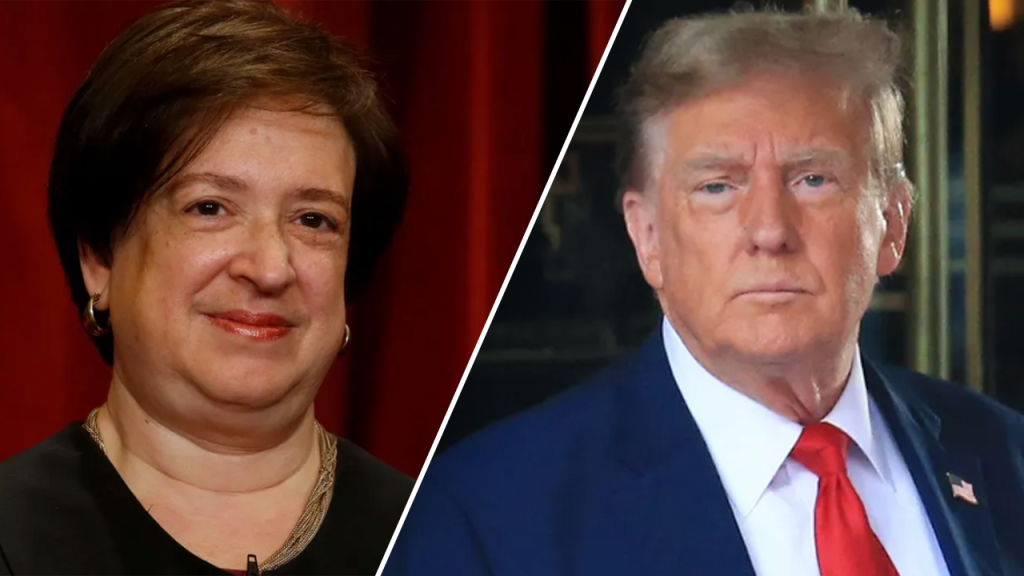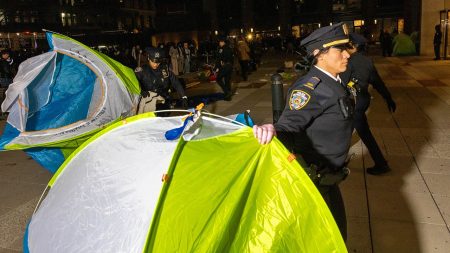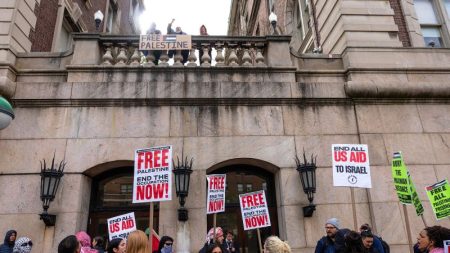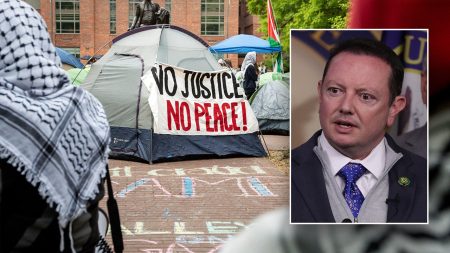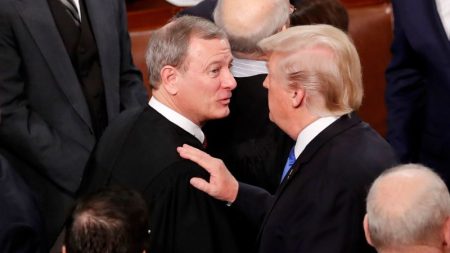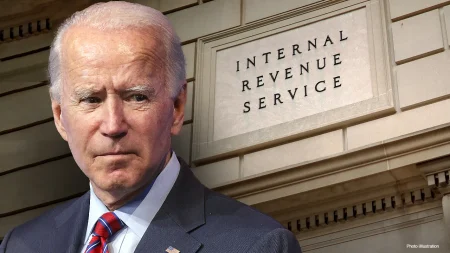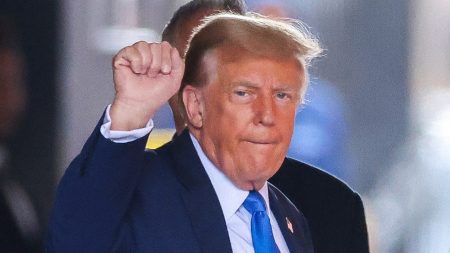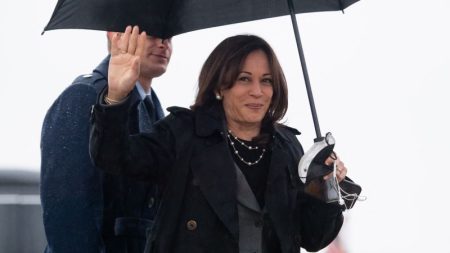Former President Donald Trump’s attorney, John Sauer, clashed with Supreme Court Justice Elena Kagan during a hearing on presidential immunity. The hypothetical question posed was whether a former president who ordered a coup could be prosecuted. Sauer argued that if it was an official act, impeachment and conviction would be needed beforehand. Kagan pressed on, questioning if a former president ordering a coup, even if no longer in office, would be considered an official act. The debate centered around whether such actions would be immune from prosecution.
The Supreme Court is currently considering whether Trump is immune from prosecution in a Special Counsel’s case related to election interference charges. The case has been on hold pending a ruling from the Supreme Court. Charges against Trump include conspiracy to defraud the United States, obstruction of an official proceeding, and conspiracy against rights. These charges stem from the events of Jan. 6, 2021, when supporters of Trump breached the U.S. Capitol building. Trump has pleaded not guilty to all charges and is seeking clarity on whether a former president can be prosecuted for official acts.
The back and forth between Sauer and Justice Kagan highlighted the complexities of presidential immunity and the need for accountability. The case raises questions about the limits of executive power and the potential for abuse, even after a president leaves office. The Supreme Court is expected to issue a ruling on Trump’s immunity from prosecution by mid-June. The case also comes amid another trial in New York City where Trump faces charges of falsifying business records. These legal battles have kept Trump occupied despite his absence from the Supreme Court hearing.
The New York case against Trump involves allegations that his former attorney, Michael Cohen, paid Stormy Daniels to keep quiet about an alleged affair with Trump in 2006. Prosecutors claim the Trump Organization reimbursed Cohen and falsely recorded the payments as legal expenses. The prosecution argues that Trump falsified records with the intent to commit or conceal additional crimes. They specifically mention a violation of New York laws related to election activities. These charges add another layer to the legal challenges facing Trump and could have significant implications on his future legal battles.
The discussions in the Supreme Court shed light on the Founding Fathers’ intentions regarding presidential immunity and the need to prevent abuses of power. The absence of an immunity clause in the Constitution indicates the framers’ intent to ensure that the president is not above the law. By considering whether a former president can be held accountable for official acts, the Supreme Court is addressing a crucial aspect of the balance of power within the government. The outcome of these legal battles could set important precedents for future cases involving presidential immunity and accountability.
Overall, the Supreme Court hearing regarding Trump’s immunity from prosecution raises significant legal and constitutional questions. The debate between Trump’s attorney and the justices underscores the complexities and implications of presidential immunity. The outcomes of these cases could have far-reaching consequences for the balance of power within the government and the accountability of former presidents. As the legal battles continue, it remains to be seen how these issues will be resolved and what impact they will have on future interpretations of presidential powers and responsibilities.





